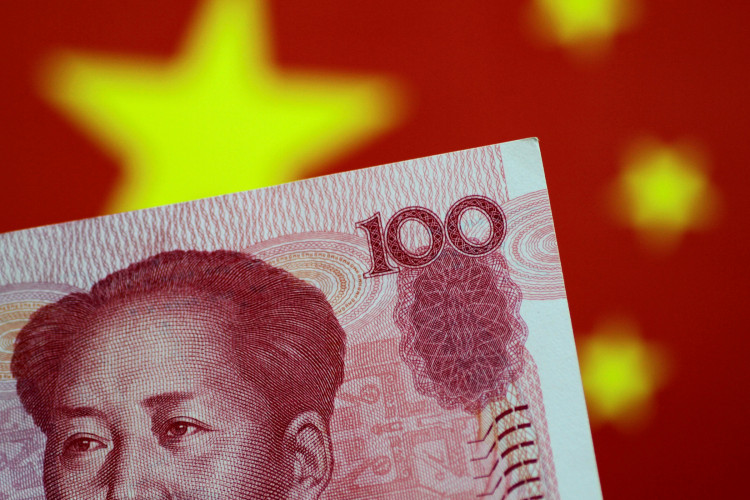A recent study has shown that between 2008 and 2021, China spent $240 billion to bail out 22 developing nations struggling to repay loans for building infrastructure under the "Belt & Road" initiative.
The report, published on Tuesday, was conducted by researchers from the World Bank, Harvard Kennedy School, AidData, and the Kiel Institute for the World Economy. It revealed that almost 80% of the bailout funds were provided between 2016 and 2021, primarily to middle-income countries like Argentina, Mongolia, and Pakistan.
Chinese lending for infrastructure development in these nations has tapered off since 2016 due to many projects failing to deliver the expected financial returns. Carmen Reinhart, former World Bank chief economist and one of the study's authors, said, "Beijing is ultimately trying to rescue its own banks. That's why it has gotten into the risky business of international bailout lending."
The study discovered that Chinese loans to countries in debt distress skyrocketed from under 5% of its overseas lending portfolio in 2010 to 60% in 2022. Argentina received the most assistance, at $111.8 billion, followed by Pakistan with $48.5 billion and Egypt with $15.6 billion.
According to the report, $170 billion of the bailout financing came from People's Bank of China (PBOC) swap lines, including those in Suriname, Sri Lanka, and Egypt. Additionally, Chinese state-owned banks provided $70 billion in bridge loans or balance of payments support, and rollovers for both types of loans amounted to $140 billion.
Brad Parks, one of the report's authors and director of AidData, criticized China's rescue lending as "opaque and uncoordinated." The study also found that the bailout loans were mainly focused on middle-income countries due to the risk they posed to Chinese banks' balance sheets, while low-income countries received grace periods and maturity extensions.
China is currently negotiating debt restructurings with countries like Zambia, Ghana, and Sri Lanka, and has faced criticism for delaying the processes. In response, China has urged the World Bank and International Monetary Fund to offer debt relief as well.






